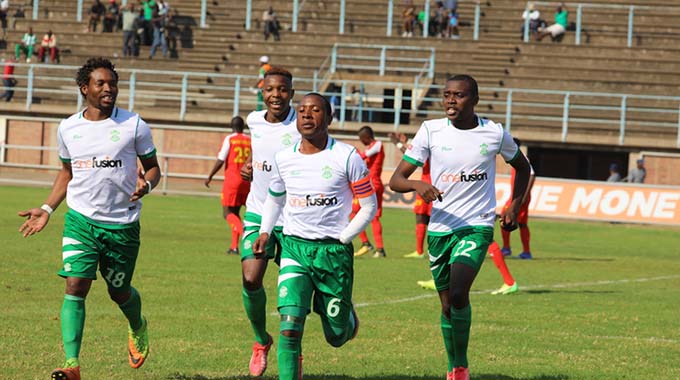A third of Govt doctors face the axe

Paidamoyo Chipunza Senior Reporter
A third of doctors who work in public health institutions, a total of 516 out of the 1 601 on the State payroll, face dismissal from public service this month as Government continues to hold disciplinary hearings for all who defied a Labour Court ruling to return to work within 48 hours.
So far the Health Services Board (HSB) has sent letters with the charges to 279 of the 516 and has conducted hearings for 213.
Of these, 210 were found guilty in absentia of absenting themselves from work without leave or reasonable cause and were discharged from the health service.
The other three doctors appeared for the hearings in person, and so the tribunal reserved determination of their cases pending verification procedures.
The HSB believed it went out of its way to addrress the doctors’ concerns and did not initiate disciplinary action while arbitration was in progress.
Junior doctors eventually turned down a package which would have seen their minimum earnings set at $4 305 a month plus a free bachelor or one-bedroomed flat.
Although The Herald could not immediately establish whether those facing disciplinary hearings belong to junior or senior ranks, it has it on good authority that a sizeable number are yet to complete the two years of housemanship at a central hospital and another year working at a district hospital for them to be certified as suitable for registration as medical practitioners who can work without supervision, a necessary procedure for anyone wanting to enter private practice.
Those more senior can walk into private practice instantly on dismissal.
In a statement yesterday, the HSB chairman, Dr Paulinus Sikosana, went through the lengthy steps the board took to resolve the matter before resorting to disciplinary procedures. He said cognisant of the need for continued dialogue with its employees, engagements were held with both junior and senior doctors on several occasions, including in presence of the Community Working Group on Health (CWGH), but to no avail.
CWGH played the mediator role.
“Cognisant of the need for continuous dialogue with its employees, on 10 October 2019, the Health Services Board met with both the senior and junior doctors. On 29 October 2019, the HSB again met the Zimbabwe Hospital Doctors Association (ZHDA) in the presence of the executive director of the CWGH, where the ZHDA presented a position paper. Again, the ZHDA demanded the pegging of their salaries to the prevailing interbank rate as a precondition for their return to work,” said Dr Sikosana.
The doctors turned down the latest Government offer of 100 percent review of on-call allowances, which would have seen them earning at least RTGS $4 305 a month with effect from October 1, inclusive of an on-call allowance of RTGS $2 400.
In August, Government had reviewed their salaries from RTGS $2 326 a month by between 50 and 75 percent on a sliding scale.
Government had also committed to make another cost of living adjustment before the end of this year.
These figures are in addition to other non-monetary benefits the doctors are entitled to. These benefits include a motor vehicle loan scheme which is backed by a duty-free certificate.
All junior doctors are also entitled to free accommodation in the form of a bachelor’s flat or a one-bedroomed flat.
A one-bedroomed flat costs an average of US$250 in the Avenues area.
Those who opt to stay out of residence get an allowance of RTGS $500 every month.
More so, those staying in staff accommodation will still be entitled to their transport allowance.
In addition, most of the doctors receive a retention allowance in US dollars, supported by development partners.
The doctors stopped reporting for work on September 3 citing incapacitation, forcing central hospitals to attend to only emergency cases.
This is not the first time that Government has fired doctors for participating in an illegal industrial action.
In 1996, Government fired doctors and nurses, leaving the four central hospitals in Harare and Bulawayo operating on a skeleton staff composed of consultants, very senior nursing staff, students and medics from the defence forces.
The law then allowed civil servants to re-apply, if they so wished within 30 days from date of dismissal.
It is not yet clear yet if Government is going to allow the fired doctors to re-apply for admission into the public health service.









Comments